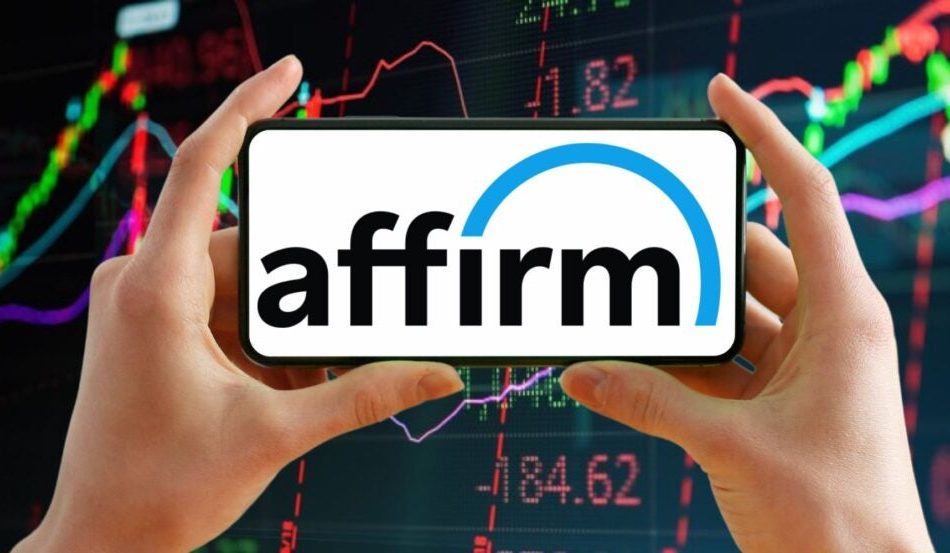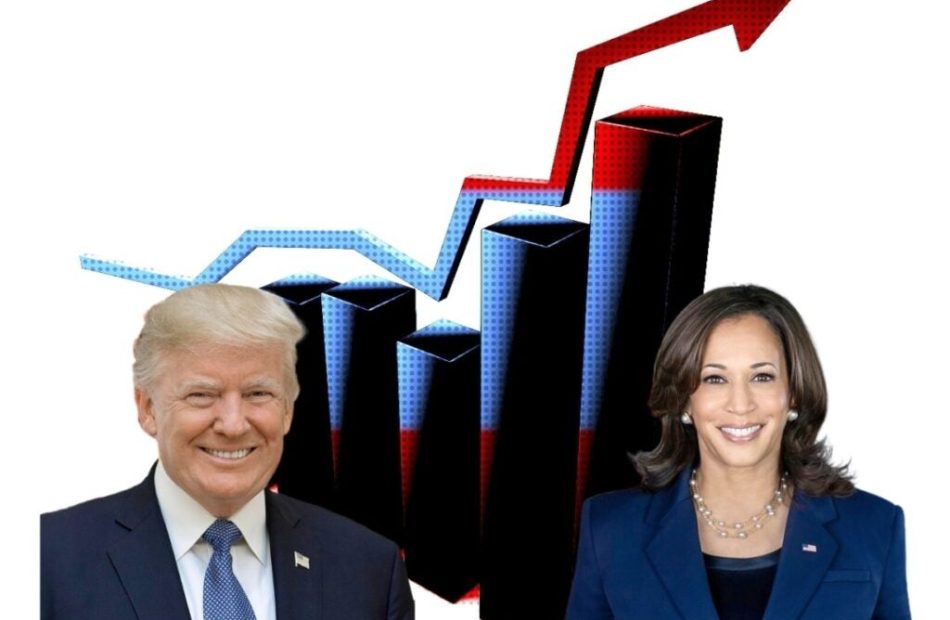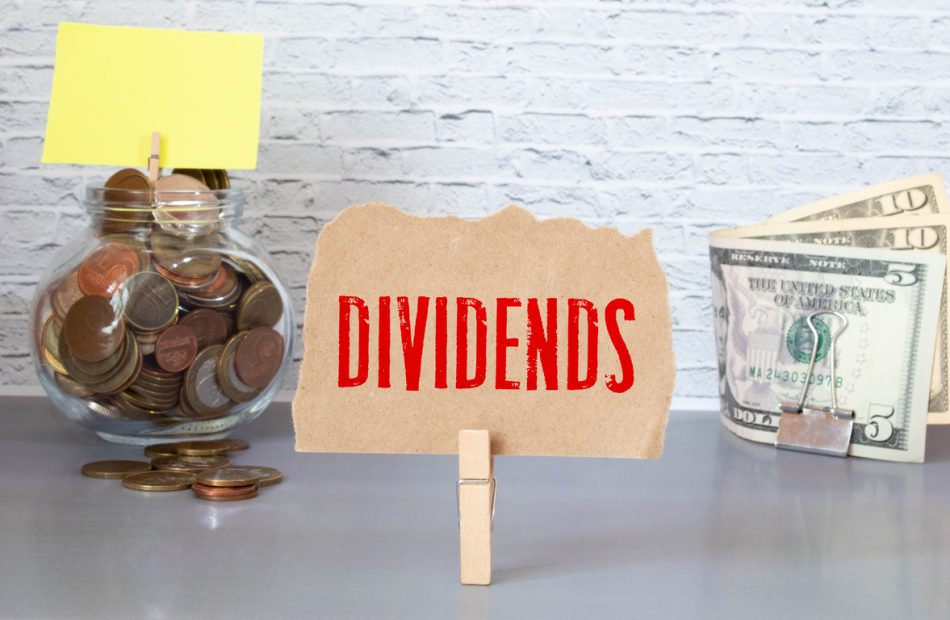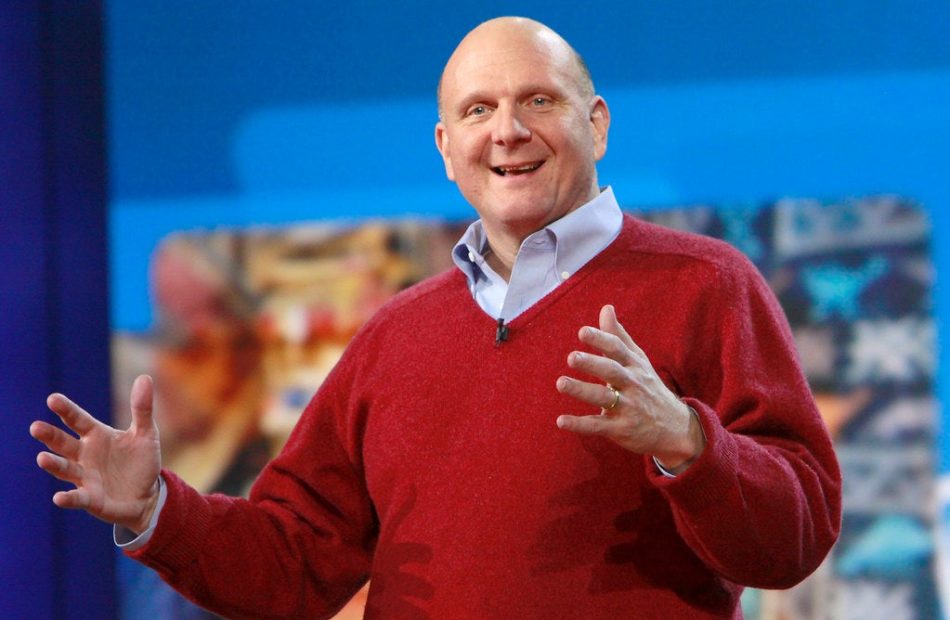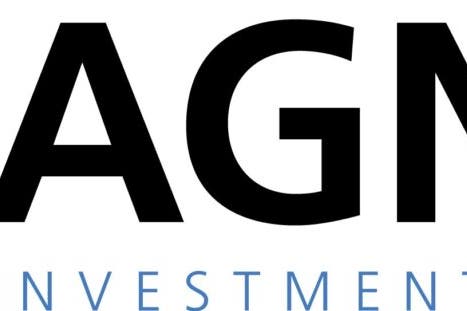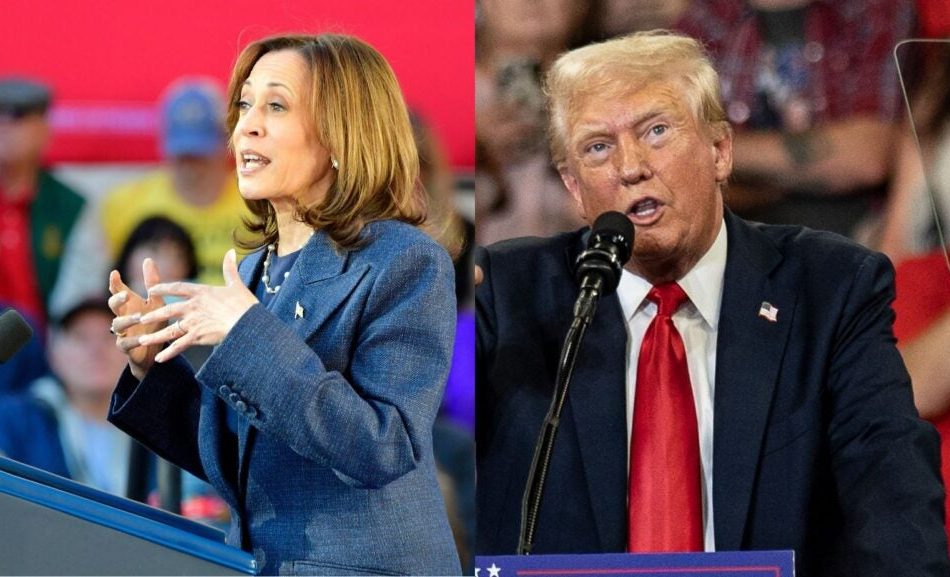US Buy Now Pay Later Player Affirm Launches In UK, Will Compete With PayPal And Klarna
Affirm Holdings Inc AFRM, a U.S.-based buy now, pay later provider, launched its service in the UK on Monday, marking its first overseas expansion. CEO Max Levchin said Affirm chose the UK due to strong demand from British merchants, describing it as “a huge market, it’s English-speaking.”
What Happened: Affirm’s move places it in direct competition with established players like Klarna and PayPal. Levchin highlighted Affirm’s unique approach, with no late fees and fixed interest, stating, “We don’t do any of the anti-consumer stuff people struggle with,” reported CNBC.
Affirm’s launch coincides with the UK government’s plan to regulate BNPL services to ensure consumer protection. Levchin supports these efforts, noting, “We welcome regulation that is thoughtful…but also knows how not to be too cumbersome on the end-customer.”
Authorized by the Financial Conduct Authority, Affirm’s UK service will offer interest-free and interest-bearing monthly payment options.
Read Next:
Image Via Shutterstock
This story was generated using Benzinga Neuro and edited by Kaustubh Bagalkote
Market News and Data brought to you by Benzinga APIs
© 2024 Benzinga.com. Benzinga does not provide investment advice. All rights reserved.
Cathie Wood Says Trump's Ideas On Eliminating Income Tax And Imposing Tariffs Brings Back Vibes Of 'Early Days Of Our Country'
ARK Invest CEO Cathie Wood drew parallels between former President Donald Trump‘s economic policies and early American financial strategies during a recent episode of “In the Know,” while analyzing potential market reactions to the upcoming election.
What Happened: Wood, popularly known for leading ARK Innovation ETF ARKK, noted a correlation between S&P 500 performance and Trump’s polling numbers, highlighting several key economic policies that could impact markets. She particularly focused on Trump’s stance on taxes, tariffs, and monetary policy.
“The market likes tax cuts and has been worried that the tax cuts in the original tax bill that was passed under President [Trump] are going to expire at the end of ’25,” Wood explained. She added that Trump has indicated support for extending these cuts and introducing additional personal and corporate tax reductions.
Regarding tariffs, Wood offered a historical perspective: “In the very early days of our country… we didn’t have the personal income tax, all we had [were] tariffs and these started under President Washington.” While expressing personal opposition to tariffs, she suggested markets are beginning to view Trump’s tariff rhetoric as a negotiating tactic.
Why It Matters: Wood also addressed Trump’s stance on monetary policy, noting his advocacy for lower interest rates. She suggested that growth-oriented policies, including regulatory cuts, could affect rate trajectories differently than expected. “If we do put in place growth policies, then the odds are short rates actually won’t come down as much as we think,” she said.
Wood suggested that reducing regulations could benefit innovation, referencing Trump’s previous “two-for-one” regulatory policy that required eliminating two existing regulations for each new one introduced.
The upcoming presidential election is shaping up to be a tight race between Trump and Vice President Kamala Harris, with recent polls indicating a neck-and-neck competition.
Moreover, the fiscal policies of both Trump and Harris could significantly impact the U.S. national debt. According to a recent analysis, their proposed tax and spending measures could add trillions to the debt by 2035.
Read Next:
Image via Benzinga YouTube and Unsplash
Disclaimer: This content was partially produced with the help of AI tools and was reviewed and published by Benzinga editors.
Market News and Data brought to you by Benzinga APIs
© 2024 Benzinga.com. Benzinga does not provide investment advice. All rights reserved.
Mohamed El-Erian's Warning To Presidential Hopefuls Is An Economic Reality Check: 'Big Gap' Between Campaign Promises And Ground Reality
Investors are remaining cautious amid uncertainties surrounding the upcoming presidential election between Donald Trump and Kamala Harris, according to prominent economist Mohamed El-Erian.
What Happened: “A lot of investors are just on the sideline,” El-Erian, Chief Economic Adviser at Allianz, said during an interview on CBS’ “Face the Nation.” He cited multiple factors contributing to market uncertainty, including both the presidential race and congressional outcomes.
El-Erian emphasized the potential disconnect between campaign promises and actual policy implementation. “They see so many possibilities, be it for the presidential race, be it for Congress, or even the extent to which what is promised by a presidential candidate will become policy. There stands to be a big gap between the two,” he explained.
The economist expressed concern about the nation’s fiscal health, pointing to unprecedented economic conditions. “It was unthinkable that we would have almost 30 months of unemployment at 4% or below while running fiscal deficits of 6% to 8%,” he said. El-Erian noted that the country’s debt-to-GDP ratio has reached 120%, creating challenges for the next administration.
“Both candidates, whether they like it or not, will have to find a way to moderate deficits and debt and, critically, to create operational flexibility in the budget,” El-Erian said. He warned that increasing budget rigidity could hamper responses to future economic shocks.
On trade policy, El-Erian cautioned against overreliance on tariffs. “Tariffs are a dangerous tool. They have limited use, but if they are overused, they become counterproductive,” he said. He advised against using tariffs as a cure-all for various economic challenges, including deficit reduction and domestic industry protection.
Why It Matters: The election is shaping up to be a tight contest, with recent polls indicating a close race between Trump and Harris. A USA Today/Suffolk poll shows a neck-and-neck battle in Pennsylvania, a pivotal swing state.
Trump’s economic policies, particularly his stance on tariffs and tax cuts, have been a focal point of discussion. Cathie Wood, CEO of ARK Invest, compared Trump’s economic strategies to early American financial policies, noting the market’s concern over the expiration of tax cuts enacted during his previous term.
Moreover, Trump’s rising election odds have already impacted markets, with emerging market stocks experiencing significant drops. A recent report highlighted a 3.1% decline in the MSCI Emerging Markets Index, driven by concerns over Trump’s proposed tariff plan.
Economists predict that Trump’s return to office could lead to higher inflation and deficits compared to Harris’s policies, according to a survey conducted in October.
Read Next: A Republican Sweep Might Be The Most Inflationary Election Outcome, Economists Warn
Image via Wikimedia Commons
Disclaimer: This content was partially produced with the help of AI tools and was reviewed and published by Benzinga editors.
Market News and Data brought to you by Benzinga APIs
© 2024 Benzinga.com. Benzinga does not provide investment advice. All rights reserved.
2 Fantastic Dividend Stocks to Buy Right Now for Income and Growth
Dividend stocks can be fantastic investments. The best ones supply a growing stream of passive income and steady stock price appreciation as they increase their earnings. Those two drivers often enable dividend stocks to deliver above-average total returns.
There are many great dividend stocks. Mid-America Apartment Communities (NYSE: MAA) and Invitation Homes (NYSE: INVH) stand out as excellent ones to buy right now for those seeking income and growth.
Start Your Mornings Smarter! Wake up with Breakfast news in your inbox every market day. Sign Up For Free »
Mid-America Apartment Communities has been a steady grower over the years. The apartment-focused real estate investment trust (REIT) has increased its dividend for 14 straight years, including by 5% last December. The landlord has benefited from steady rent growth and its expanding apartment portfolio.
This year has been a different story for the REIT. Its funds from operations (FFO) have slipped over the first nine months of this year, falling from $6.85 to $6.65 per share. The culprit has been a surge of new apartment supply in its markets across the Southeast. That has weighed on occupancy and rent growth. average effective rent per unit was down 0.4% in the third quarter.
However, the company expects its headwinds to fade next year because it foresees a meaningful decline in new apartment supply, which should continue for several years. That drives the view that it “will enter a new multiyear cycle with demand outpacing supply,” according to comments by CEO Eric Bolton in the third-quarter earnings press release. That should drive higher occupancy and rent growth in the coming years.
On top of that, the REIT has gone on the offensive as its competitors have pulled back on new developments because of the impact of higher interest rates. The REIT has eight apartment communities currently under development that it expects to complete over the next few years. It has also been actively buying recently built apartments from developers. Those investments will supply incremental earnings growth in the coming years.
Mid-America’s headwinds have weighed on its stock price. It currently sits 33% below its peak from a few years ago. The drop has helped push its dividend yield up near 4%. With its headwinds fading, the REIT offers an attractive income stream and tremendous upside potential.
Invitation Homes is a residential REIT focused on single-family rental properties. The REIT has increased its dividend every year since it came public in 2017, including by 7.7% last December. It has benefited from rent growth and its expanding portfolio.
Steve Ballmer Is Betting $40M On Facts As Heated Trump-Harris Battle Reaches Peak Crescendo — How Ex-Microsoft CEO Aims To Rescue American Democracy With Data
Former Microsoft Corporation CEO Steve Ballmer has invested $40 million in USAFacts this year to fortify democracy amid political unrest.
What Happened: Ballmer founded USAFacts, a non-profit initiative, in 2017 out of a desire to better understand how government funds, including his own tax dollars, were being used.
USAFacts has grown this year with a new series of videos that aim to provide voters with “no rhetoric, no bias, just the facts” on pressing issues like inflation and immigration — key points of debate in the current U.S. election, reported Financial Times.
While Ballmer’s past videos on YouTube showcase his famously high-energy, animated presentations at Microsoft, his approach with USAFacts is far more reserved.
In these videos, Ballmer calmly presents data and speaks over animated charts in a subdued tone for up to 15 minutes at a time.
Here’s an example:
Despite the rise of artificial intelligence and the role of social media platforms in spreading misinformation, Ballmer identifies the mobile device as the main distraction for the public, the report noted.
“I won’t say it’s Facebook or Twitter [now X] or Instagram or TikTok particularly, but they have built upon the usage patterns that make sense for the mobile device,” he told the publication.
The former CEO and owner of the Los Angeles Clippers has also upped his annual funding for USAFacts from $10-20 million to $40 million this year.
However, Ballmer conceded that gauging the impact of his initiative is difficult. While USAFacts has 360,000 newsletter subscribers and his video series has amassed over 45.5 million views, the effect on voters’ decisions remains unclear.
Why It Matters: Ballmer’s wealth has been significantly boosted by Microsoft’s AI-driven stock rally. In July, his net worth reached $157.2 billion, making him the sixth-richest person globally. Over 90% of his net worth was tied to Microsoft shares.
At the time of writing, Ballmer was ranked ninth on Bloomberg’s Billionaire Index, preceded by the likes of Elon Musk, Jeff Bezos, Mark Zuckerberg, and Bill Gates.
Meanwhile, the 2024 U.S. presidential election, scheduled for Nov. 5, 2024, features a significant matchup between Democratic nominee Kamala Harris and Republican nominee Donald Trump.
This election is being characterized as pivotal, with both candidates underscoring the stakes for democracy and the future of American society.
Image via Flickr
Read Next:
Disclaimer: This content was partially produced with the help of Benzinga Neuro and was reviewed and published by Benzinga editors.
Market News and Data brought to you by Benzinga APIs
© 2024 Benzinga.com. Benzinga does not provide investment advice. All rights reserved.
This Stock Has Quietly Paid A 14% Dividend For Almost Six Straight Years-Is It Right For You?
Benzinga and Yahoo Finance LLC may earn commission or revenue on some items through the links below.
Dividend kings and dividend aristocrats get a lot of attention from investors and the media due to their prolific track record of delivering passive income. That said, there is an abundance of other stocks that can generate passive income streams. One is AGNC Investment (Nasdaq: AGNC), a mortgage REIT. This stock may not be familiar, but it has paid investors a 14% dividend for almost the last six years.
Don’t Miss:
Mortgage REITs function by purchasing large tranches of mortgage-backed securities (MBSs), many of which are backed by Fannie Mae and Freddie Mac. Because these loans are secured, their profit yield is relatively low. Mortgage REITs generate extra profit by aggressively borrowing money to acquire as many MBSs as possible.
AGNC Investment, like all mortgage REITs, ability to generate profit hinges on their ability to borrow money at a lower interest rate than the borrowers whose loans are in the MBSs are paying. If the portfolios are large enough and most borrowers pay on time, mortgage REITs can generate solid income for investors. However, the post-COVID run-up in interest rates has created difficult market conditions for many Mortgage REITs.
Trending: These five entrepreneurs are worth $223 billion – they all believe in one platform that offers a 7-9% target yield with monthly dividends
Despite that, AGNC Investment has successfully paid its expected dividend through the Federal Reserve’s rate increases. This is not to say that higher interest rates haven’t impacted AGNC Investment in the past. There have been dividend cuts in this Mortgage REIT’s history. However, AGNC’s management has hedged its portfolio and stockpiled enough cash to outlast the recent rise in borrowing costs.
Trending: Wondering if your investments can get you to a $5,000,000 nest egg? Speak to a financial advisor today. SmartAsset’s free tool matches you up with up to three vetted financial advisors who serve your area, and you can interview your advisor matches at no cost to decide which one is right for you.
It’s on a 55-consecutive-month streak of paying out investor dividends – that’s almost six straight years. Now that interest rates are declining and the market is regaining its equilibrium, AGNC Investment looks well-positioned to continue making those dividend payments that passive income investors love so much.
'Trump Whale' Losing Grip On Polymarket Odds? Economist Justin Wolfers Wonders What's Behind The Latest Change
Influential economist Justin Wolfers noticed a significant shift in prediction market odds at Polymarket, sparking speculation about the declining influence of a whale heavily betting in favor of former President Donald Trump.
What Happened: Wolfers, in his X post on Sunday, drew attention to the sharp drop in betting odds for Trump, standing at 54% as of this writing, down from 66% on Oct. 30.
A professor at the Ford School of Public Policy at the University of Michigan, Wolfers expressed uncertainty about whether this change was due to the diminishing sway of the whale or a recent shift in polling.
Interestingly, federally-regulated prediction market Kalshi has also seen Trump’s odds plummet from 64% on Oct. 30 to 52% as of this writing.
Why It Matters: Polymarket, a cryptocurrency-based prediction market, built atop Ethereum ETH/USD’s Layer-2 chain Polygon MATIC/USD, has attracted over $3 billion in wagers for the 2024 presidential election outcome.
However, concerns of market manipulation surfaced after a single trader, identified as a French national, started placing large wagers in favor of Trump. The trader has denied having any political agenda and said they were only in it for the money.
Another prominent Polymarket trader, ‘Redegen’, has reaffirmed his position on Vice President Kamala Harris winning the popular vote, even as Trump remains his favorite to win the electoral college. Redegen’s multi-million-dollar position on Harris has seen substantial fluctuation, but he remains confident in his prediction.
Photo Courtesy: Shutterstock.com
Read Next:
Market News and Data brought to you by Benzinga APIs
© 2024 Benzinga.com. Benzinga does not provide investment advice. All rights reserved.
This Data Center Stock Could Go Parabolic Following Nvidia's Blackwell Launch
Believe it or not, Nvidia was once a company primarily focused on the gaming market. But over the last two years, the company has emerged as the world’s preeminent AI operation. How did that happen?
Well, one of Nvidia’s core products is an advanced chipset known as a graphics processing unit (GPU). GPUs are a critical piece of infrastructure in developing generative AI, and they’ve become a business worth tens of billions of dollars for Nvidia.
Start Your Mornings Smarter! Wake up with Breakfast news in your inbox every market day. Sign Up For Free »
Later this year, Nvidia is expected to release its most powerful GPU architecture yet — known as Blackwell. While this will surely be a tailwind for the semiconductor darling, I see another tempting opportunity that’s hiding in plain sight.
Below, I’m going to break down how the Blackwell launch could make data center company Vertiv (NYSE: VRT) a lucrative choice for AI investors.
It’s hard to say for certain how big of a business Blackwell will become for Nvidia. But with that said, some early trends uncovered by industry research analysts are hinting that the release is going to be a big hit. Last month, Morgan Stanley noted that their forecasts indicate Blackwell could generate $10 billion in revenue just in Nvidia’s fourth quarter.
Shortly thereafter, Morgan Stanley analyst Joseph Moore issued a report stating that Blackwell GPUs are already sold out for the next 12 months. I guess Nvidia CEO Jensen Huang wasn’t kidding when he said that demand for Blackwell is “insane.”
These tailwinds are undoubtedly a good sign for Nvidia. Below, I’m going to detail why Nvidia’s success with Blackwell should parlay into a tremendous opportunity for Vertiv.
At their core, GPUs have the ability to process sophisticated programs and algorithms that help train machine learning applications or large language models (LLMs). While this might sound simple, GPUs are far more complex than running a software program on your laptop.
IT architecture specialists such as Super Micro Computer or Dell Technologies help build the infrastructure that houses GPUs. Essentially, GPUs are integrated into clusters on server racks that sit inside data centers. Since the chipsets are constantly running programs and processing data, it’s not surprising to learn that data centers consume high levels of energy and run the risk of overheating.
Right now, data centers typically rely on air conditioning units, power generators, and fans to offset heat. However, as AI infrastructure spend continues to rise, data centers are going to need to identify more efficient ways to tame heat management. This is where Vertiv comes into the equation.

